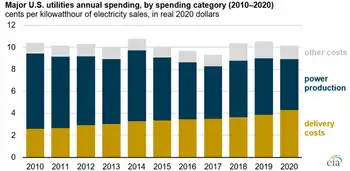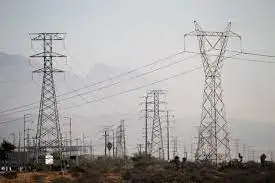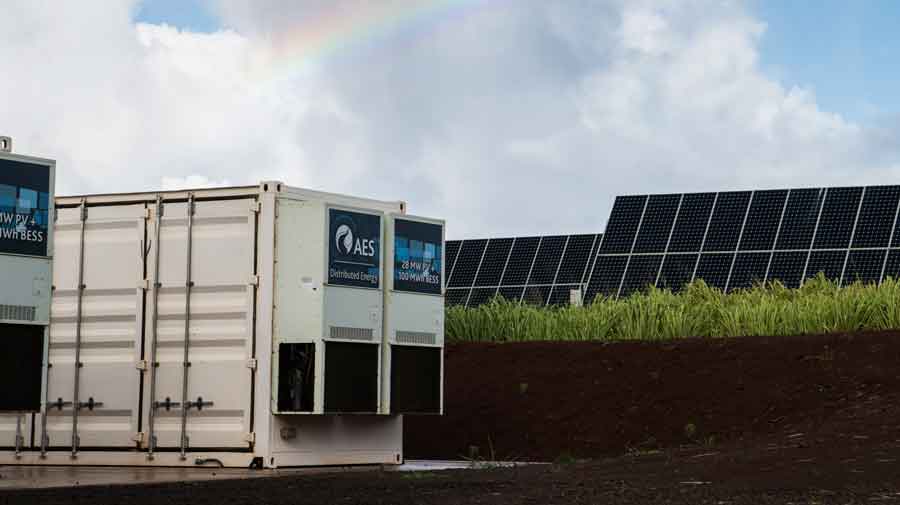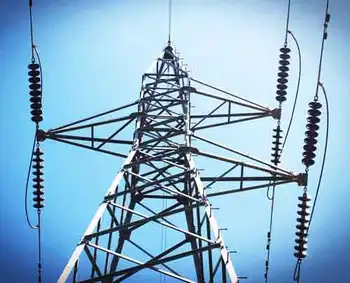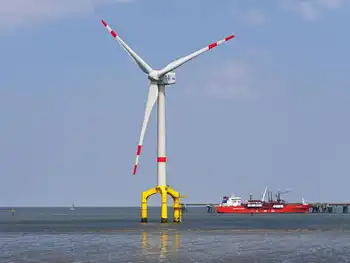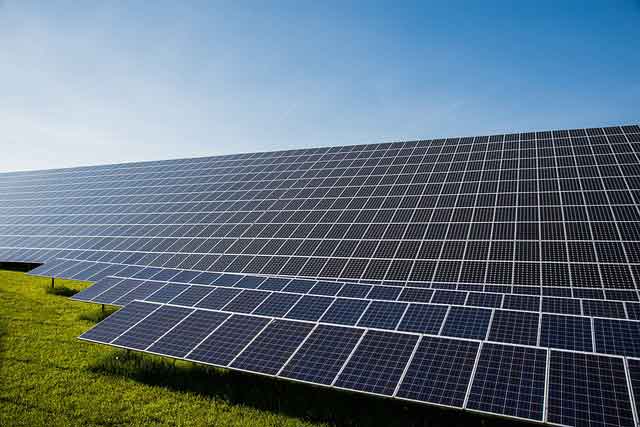Palestinian Authority joins power pact
By Jerusalem Post
Substation Relay Protection Training
Our customized live online or in‑person group training can be delivered to your staff at your location.

- Live Online
- 12 hours Instructor-led
- Group Training Available
The announcement was made during a meeting of ministers of electricity and energy in the network member countries.
An interconnected electricity network, which includes Egypt, Jordan, Turkey, Syria, Iraq, Libya and Lebanon, decided earlier this week to incorporate the Palestinian electricity system.
Today, Palestinians living in the West Bank are almost entirely dependent on Israeli electricity (95 percent), while those who live in the Gaza Strip receive 60% of their power needs from Israel.
Jordanian Minister of Energy and Mineral Resources Khaldoun Kteishat said that the PA's accession to the now eight-fold electric grid will help the country face the challenges of providing safety and security of power supply.
"We are all invited to help Palestine recognize this goal," Kteishat said, according to the Jordanian official news agency Petra.
The Palestinian Energy Authority's general director, Dr. Omar Kittana, signed the agreement earlier this week in Amman, Jordan.
In an interview with The Media Line, Kittana said the agreement, which came after yearlong preparations, was "historic."
"This will reduce our dependence on Israel, but not entirely," said Kittana, adding that the PA did not wish to separate itself completely from the Israel Electricity Company.
"The Palestinians are not obliged to take their electricity from any specific source. It is a diversification of sources of energy," explained Kittana.
Laying the infrastructure that would connect the Palestinian electricity systems in the Gaza Strip and the West Bank with those of Egypt and Jordan is expected to take four years.
Asked how much electricity the PA would buy from Israel after its connection to the network was completed, Kittana refused to give specific figures.
"The idea of interconnection is not to replace one source with the other. The idea is to optimize the sources and get electricity from the cheapest and highest-quality source. We will have the flexibility of choosing our sources," Kittana said.
Kittana nevertheless estimated in an interview with a Palestinian newspaper that during the first stage, the Gaza Strip would draw 150 megawatts from Egypt, which is two thirds of its power demands. Israel today supplies Gaza with 120 megawatts.
The total budget needed to finance the interconnection project is estimated at approximately US$50 million. The Islamic Bank for Development has already promised to participate in the financing of the project, contributing US$32 million.
Israel, for its part, has given all the necessary approvals regarding the power interconnection project.





